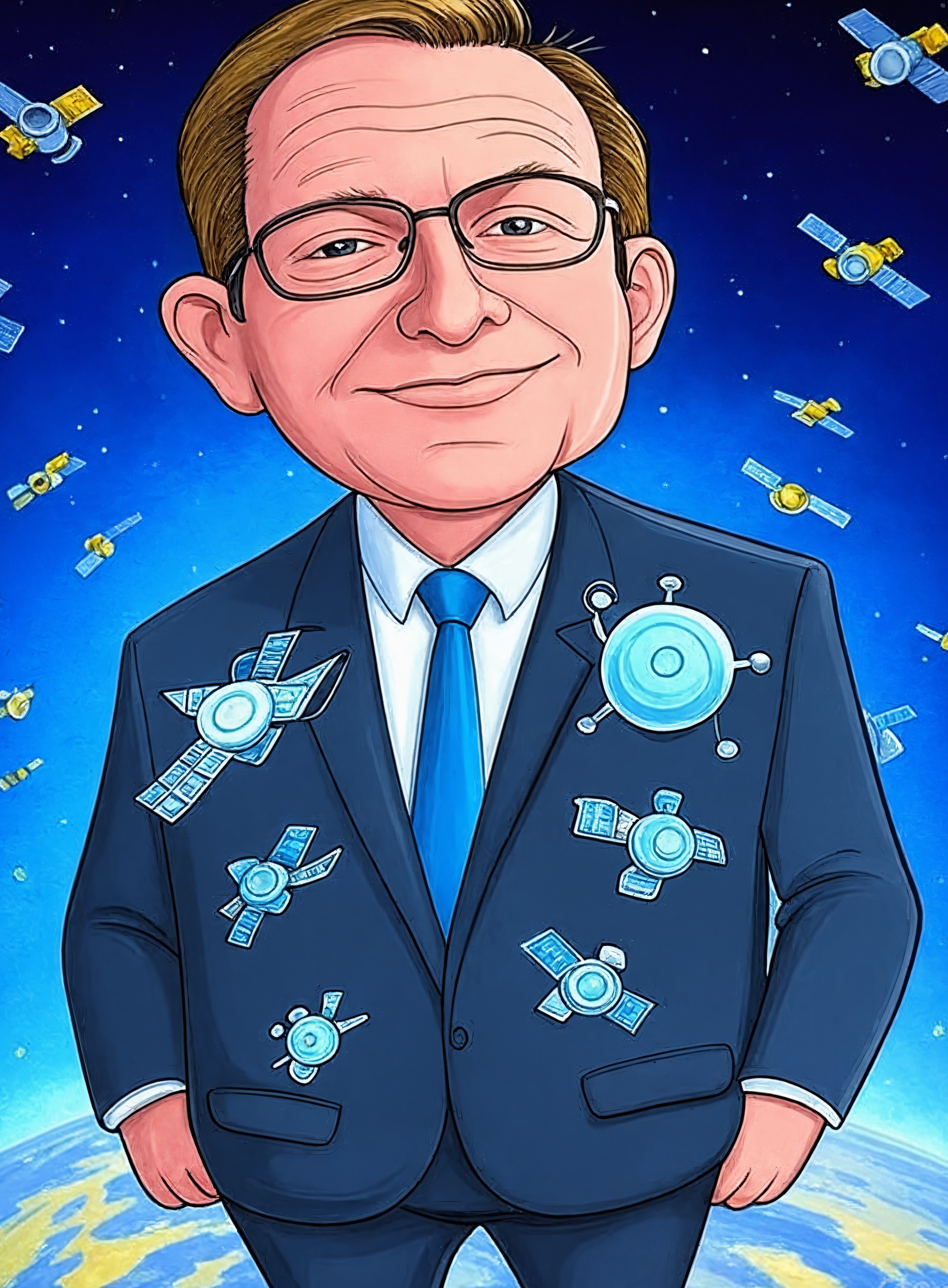
AI Browsers and Gaming Taxes: Tech's Wild Ride
Tech giants keep promising browsers that think for us, while governments eye video games like they're the root of all evil. Opera's Neon rolls out with a trio of AI bots crammed into one interface, turning simple surfing into a multitasking circus. Meanwhile, Mexico's lawmakers approve an 8% tax on violent titles, blaming pixels for real-world aggression. These moves expose the absurdity: innovation barrels ahead in AI, but regulations slap handcuffs on gaming, all under the guise of protecting minds and wallets.
Opera's Neon: Three AI Bots Walk Into a Browser
Opera's Neon isn't just another tabbed window—it's a chaotic party where three AI bots jostle for attention. Launched in late September 2025, this so-called agentic browser ditches the passive web for something that acts, creates, and chats on your behalf. Forget Google's Gemini quietly lurking in Chrome; Neon packs "Chat," "Do," and "Make" bots into a single space, each handling conversations, tasks, and content generation like overeager interns fighting over the coffee machine.
The rollout started with early access for waitlist warriors and Neon Founders, positioning Opera in a crowded field alongside Perplexity's Comet and The Browser Company's Dia. But here's the rub: while competitors embed one AI sidekick, Opera's multi-bot setup creates a navigation nightmare. Users flip between bots for different jobs, risking confusion in a tool meant to simplify life. It's like herding cats in a digital storm—convenient in theory, bewildering in practice.
The Agentic Edge and Its Pitfalls
Dig deeper, and Neon's "Tasks" feature emerges as the real hook. These self-contained workspaces let AI grasp context across tabs, executing complex workflows without the usual browser bloat. Need to code a script while researching? The bots collaborate, pulling from multiple sources. Recently, Opera swapped in Google's Nano Banana model for zippy image editing and Sora 2 for video generation, turning the browser into a creative powerhouse for designers and devs.
Experts hail this as a leap toward context-aware AI that doesn't just answer questions but builds empires. Yet the subscription model—around $20 a month—raises eyebrows. Why pay when Chrome's Gemini comes free? Analysts point to Opera's global user base in Europe and emerging markets as leverage, betting pros will shell out for efficiency gains. Still, the bot overload underscores a broader issue: AI hype often outpaces user-friendly design, leaving folks lost in a maze of overlapping features.
Mexico's Tax Hammer on Violent Games
Shift gears to Mexico, where the Chamber of Deputies just greenlit an 8% tax on video games rated C or D—think mature content with extreme violence, bloodshed, and graphic sex, akin to ESRB's Mature or Adults Only. This isn't a gentle nudge; it's a fiscal sledgehammer aimed at digital and physical sales, plus those sneaky microtransactions that keep publishers fat and happy.
The Treasury Department trots out studies linking these games to teen aggression, isolation, and anxiety, painting a picture of joystick-wielding zombies ruining society. Sure, they nod to positives like better motor skills and resilience, but the tax screams punishment over nuance. Now headed to the Senate with a November 15, 2025, deadline, this could jack up prices for hits from Activision Blizzard or Electronic Arts, hitting consumers where it hurts.
Global Echoes and Industry Backlash
Mexico's gambit fits a pattern of governments treating games like contraband. Remember the endless debates on media violence? Here, it's fiscal warfare, potentially shrinking the local market in Latin America's gaming hotspot. Stats show the global industry topping $250 billion in 2025, with microtransactions as the golden goose—taxing them could force publishers to rethink strategies, maybe even pull titles to avoid the hassle.
Critics, including consumer groups, argue for education and age gates over taxes that feel like moral grandstanding. If pixels cause aggression, why not tax action movies or thrillers? The hypocrisy stinks, especially as AI tools like Neon's bots generate violent imagery on demand. Experts predict legal fights and lobbying blitzes, with digital storefronts like Steam scrambling to tweak their systems.
Connecting the Dots: Innovation vs. Regulation
These stories collide in the underbelly of consumer tech: AI browsers like Neon push boundaries, merging browsing with autonomous creation, while gaming faces regulatory straitjackets. Opera's subscription play bets on users valuing premium AI, mirroring how game devs monetize through in-app buys—until taxes bite. Both highlight tech's double-edged sword: tools that empower also invite scrutiny, whether it's AI's potential for misuse or games' alleged societal ills.
Industry trends lean toward convergence—browsers becoming AI workspaces, games blending with AI for smarter experiences. But regulations lag, often reacting with blunt instruments. Mexico's tax might inspire copycats, while Neon's model could spark a wave of paid AI integrations, diversifying business models in a freebie-saturated market.
Future Bets and Stark Warnings
Looking ahead, AI browsers will evolve into full-fledged digital butlers, but only if they ditch the confusion for intuitive interfaces. Neon could lead if Opera refines its UI, potentially capturing enterprise users hungry for workflow magic. On the gaming front, if the tax passes, expect higher prices and market shifts—publishers might prioritize family-friendly fare or lobby for carve-outs.
Broader impacts? Tech's Wild West days are fading. Governments worldwide might amp up taxes on "harmful" digital goods, from violent games to AI-generated deepfakes. Recommendations: For browser makers, prioritize clarity over features. For gamers and devs, push back with data showing games' benefits outweigh harms. The key is balance—harness AI's promise without letting regs stifle creativity.
Key Takeaways from Tech's Latest Fiascos
Opera's Neon exposes AI's growing pains: multi-bot brilliance bogged down by complexity, with a pricey tag testing user loyalty. Mexico's tax ploy reeks of outdated fears, ignoring gaming's upsides while padding budgets. Together, they spotlight tech's absurd tightrope—innovation races forward, but oversight looms like a bad sequel. Watch for AI to redefine productivity, even as fiscal hawks circle the entertainment sector. In this circus, the real winners adapt fast, bots and all.
Comments
Read more

Apple Arcade's Wild December Surge Exposed
Dive into Apple Arcade's latest game drops, from cult hits to AR epics, and what they mean for gaming's subscription wars. Sharp analysis inside.

Roku Bargains and EA's Mega Buyout Exposed
Dive into Roku's killer deal and EA's $50B privatization plot, uncovering tech's absurd money games and consumer wins.

Satellites and Scandals: Tech's Orbital Mess
Explore how satellite swarms are ruining space science and IP theft is delaying games, revealing tech's unchecked growth pains.